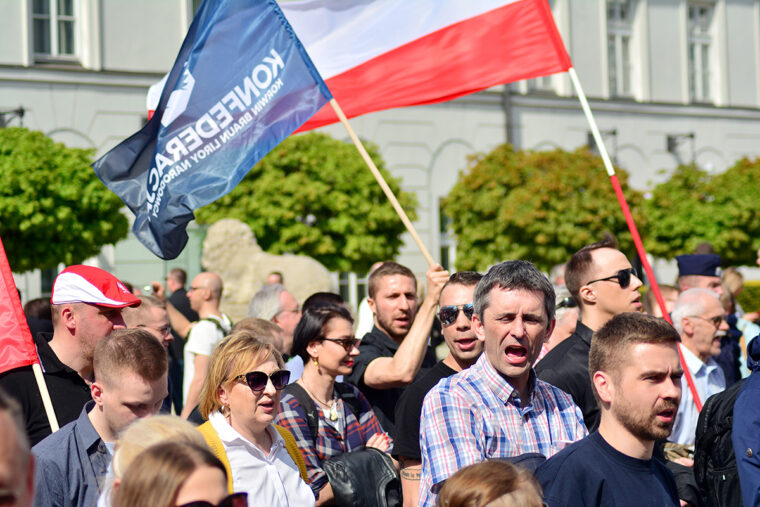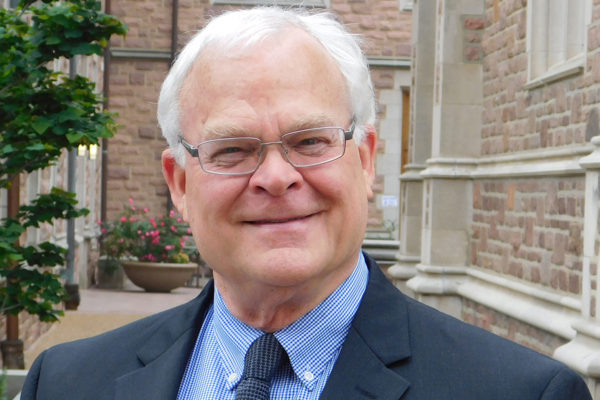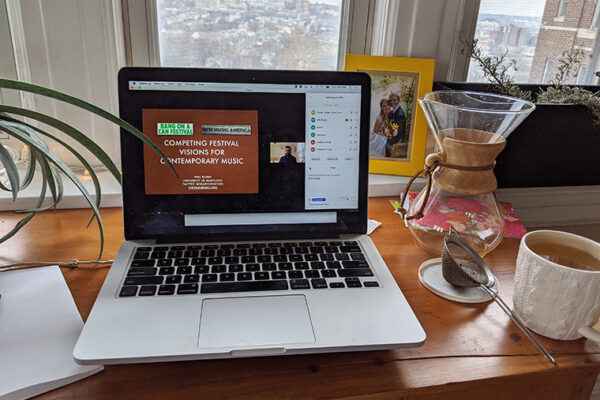How collective memories of wars, terrorist attacks and other traumatic events are fueling the surprising re-emergence of nationalist movements will be the focus of a national conference May 23-25 at Washington University in St Louis.
Co-sponsored by the American Academy of Arts & Sciences, the “National Memory in a Time of Populism” conference will feature national policy experts and faculty from history, sociology, psychology and other social sciences giving presentations on nationalist movements in the U.S., Russia, China, Azerbaijan, Japan, Poland and Georgia.
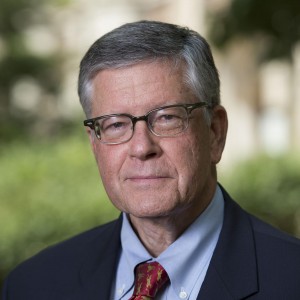
The program kicks off with a welcome from Chancellor Mark S. Wrighton and a keynote by Strobe Talbot, distinguished fellow in residence in foreign policy and former president of the Brookings Institution, at 4 p.m. May 23 in Hillman Hall’s Clark-Fox Forum.
Conference sessions will be held in HIllman Hall, Room 60, from 8:30 a.m. to 5 p.m. on May 24 and 25. The program is free and open to the public; attendees should register by May 20. To view a detailed list of participating speakers and presentations, visit the conference website.
Washington University collective memory researchers Henry L. Roediger III, the James S. McDonnell Distinguished University Professor in Arts & Sciences; and James V. Wertsch, the David R. Francis Distinguished Professor and director emeritus of the McDonnell International Scholars Academy, organized the event.
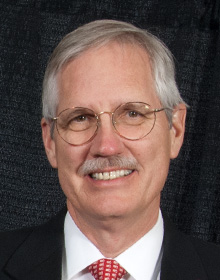
“The re-emergence of nationalism around the world has caught most observers by surprise,” the conference invitation suggests. “After decades of assuming that globalization would be accompanied by a reduced commitment to national identity, we are confronted with new nationalist movements in places as diverse as Russia, the United Kingdom, Hungary, China and the United States. A key resource for pursuing these projects is national memory — looking back to a traumatic event or a time of greatness in order to mobilize a group in the present.”
